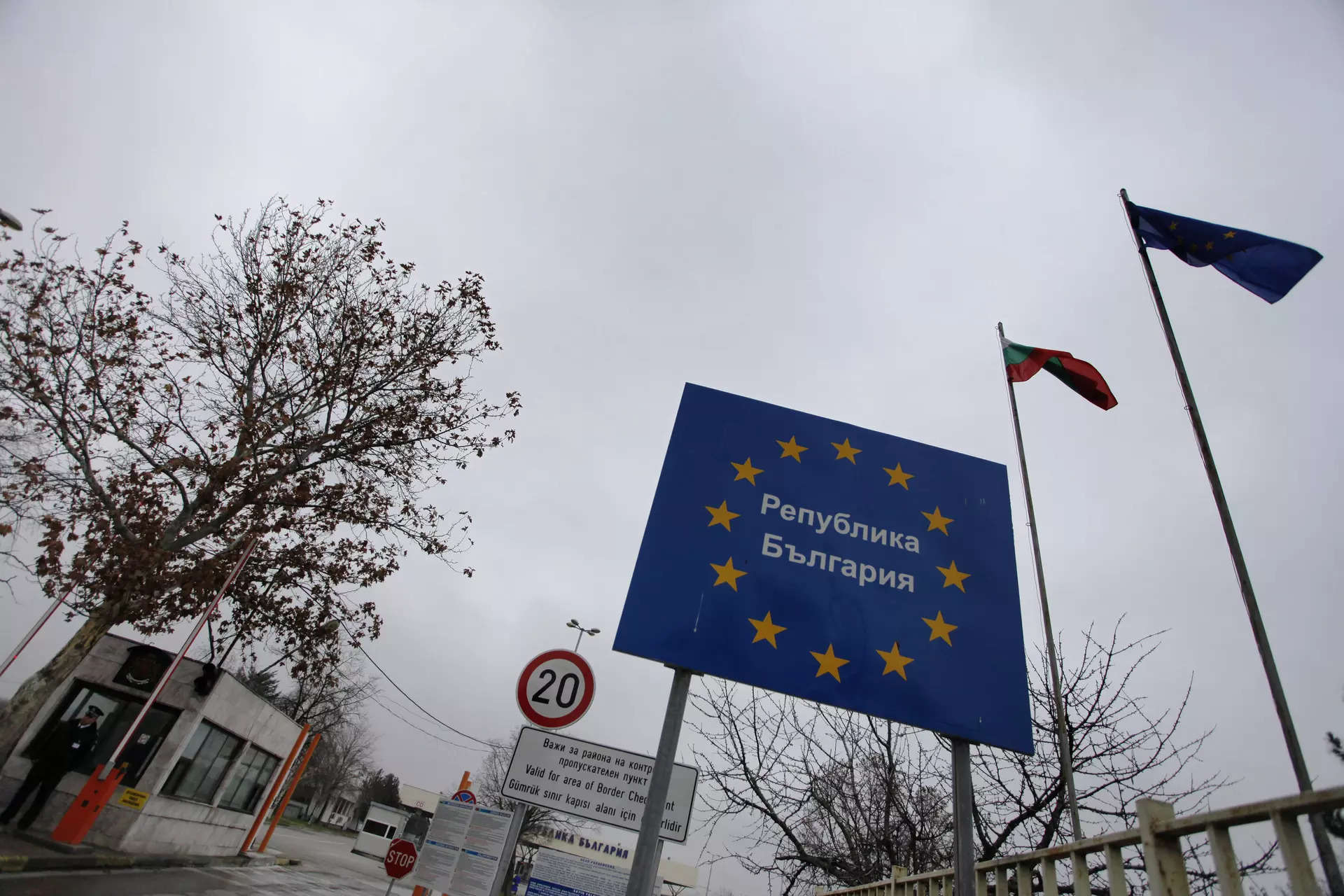[ad_1]

Austria insisted Thursday that talks on partially expanding Europe‘s border-free Schengen area to Romania and Bulgaria are still ongoing, after Bucharest announced that the three countries had reached a “political” agreement.
Romania and Bulgaria — both members of the EU since 2007 — were rejected at the end of 2022 by Austria from the vast zone within which more than 400 million people can travel freely without internal border controls.
On Wednesday, however, Romania’s interior ministry announced that a “political agreement” had been reached between the three countries on extending the zone “to the air and sea borders” of Romania and Bulgaria “from March 2024”.
Bulgarian Prime Minister Nikolay Denkov also hailed the agreement and confirmed “an agreement in principle” had been reached with Vienna.
But Austria’s interior ministry on Thursday merely stated that “negotiations on a Schengen-Air for Bulgaria and Romania are currently continuing”, stopping short of confirming any kind of agreement.
The ministry reiterated the conditions that would need to be met in exchange for a partial “Air-Schengen”, which include strengthening the EU’s external borders.
Moreover, land border checks would need to be stepped up, it said, while Romania and Bulgaria should be prepared to “accept asylum seekers — especially from Afghanistan and Syria.”
The ministry also emphasised that there are “currently no negotiations” on the opening of land borders.
Austria vetoed the entry of the two countries a year ago, justifying the decision over fears of an influx of asylum seekers if the Schengen zone grew.
Earlier this month, Vienna proposed what it calls “Air Schengen“, saying it was inclined to relax the rules governing air traffic for Bulgaria and Romania if Brussels strengthened the EU’s external borders.
The Schengen area was created in 1985 and includes 23 of the 27 EU member states as well as Switzerland, Norway, Iceland and Liechtenstein.
Source link






